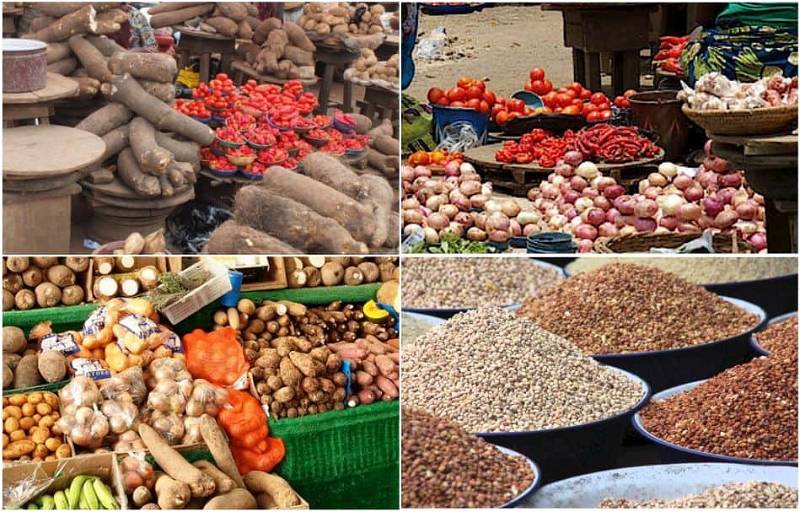Addressing Food Shortages, Insecurity In Nigeria

It’s disheartening to hear that many Nigerians will face even greater challenges with hunger in 2024. The impact of persistent insecurity, armed conflict, and deteriorating livelihoods on local government areas is truly unfortunate.
It’s also unfortunate that cereal production is expected to decrease in several countries due to dry spells, limited access to cropland, and poor macroeconomic conditions. It’s crucial for us to support efforts to address these issues and ensure food security for all.
With the alarming food insecurity crisis in Nigeria, with rising food prices and high inflation rates, It is crucial for the federal and state governments to take strong measures to address this issue and alleviate hunger.
The President, Bola Ahmed Tinubu has a major responsibility to tackle the widespread insecurity and implement policies that can improve the situation.
It’s important for us as citizens to also support initiatives and organizations that work towards food security and poverty alleviation. Together, we can make a difference.
It’s really sad to see that hunger has been a long-standing issue in Nigeria. The FAO’s warning about the food crisis affecting over 26 million Nigerians is deeply concerning. It’s even more alarming that states like Borno, Sokoto, Zamfara, and the FCT are at higher risk.
The insecurity in Nigeria, especially in the agricultural belt, has made farming and other economic activities dangerous. The COVID-19 pandemic has also had a devastating impact on the economy, exacerbating the food supply crisis.
It’s important for the government and organizations to work together to address these challenges and ensure food security for all Nigerians.
The 2020 Global Report on Food Crises had already warned that Nigeria would face a shortage of food. The lack of access to food in Nigeria is indeed influenced by factors like conflict, climate change, and a weak economy.
It’s crucial for the government to address these issues and take proactive measures to combat insurgents and criminal activities.
Implementing forestation and irrigation schemes can help reclaim land and boost agricultural productivity. Reviving the economy through federal and state initiatives is also essential.
Additionally, improving infrastructure in rural areas, where many farmers reside, is vital for ensuring food security.
It’s important for states to collaborate and establish regional security networks to protect their jurisdictions and support farming activities.
Embracing modern agricultural practices, such as ranching, is another step in the right direction. Together, these efforts can make a significant difference in addressing food insecurity in Nigeria.The Mother Earth – Real Issues On Access to sufficient food in Nigeria.
